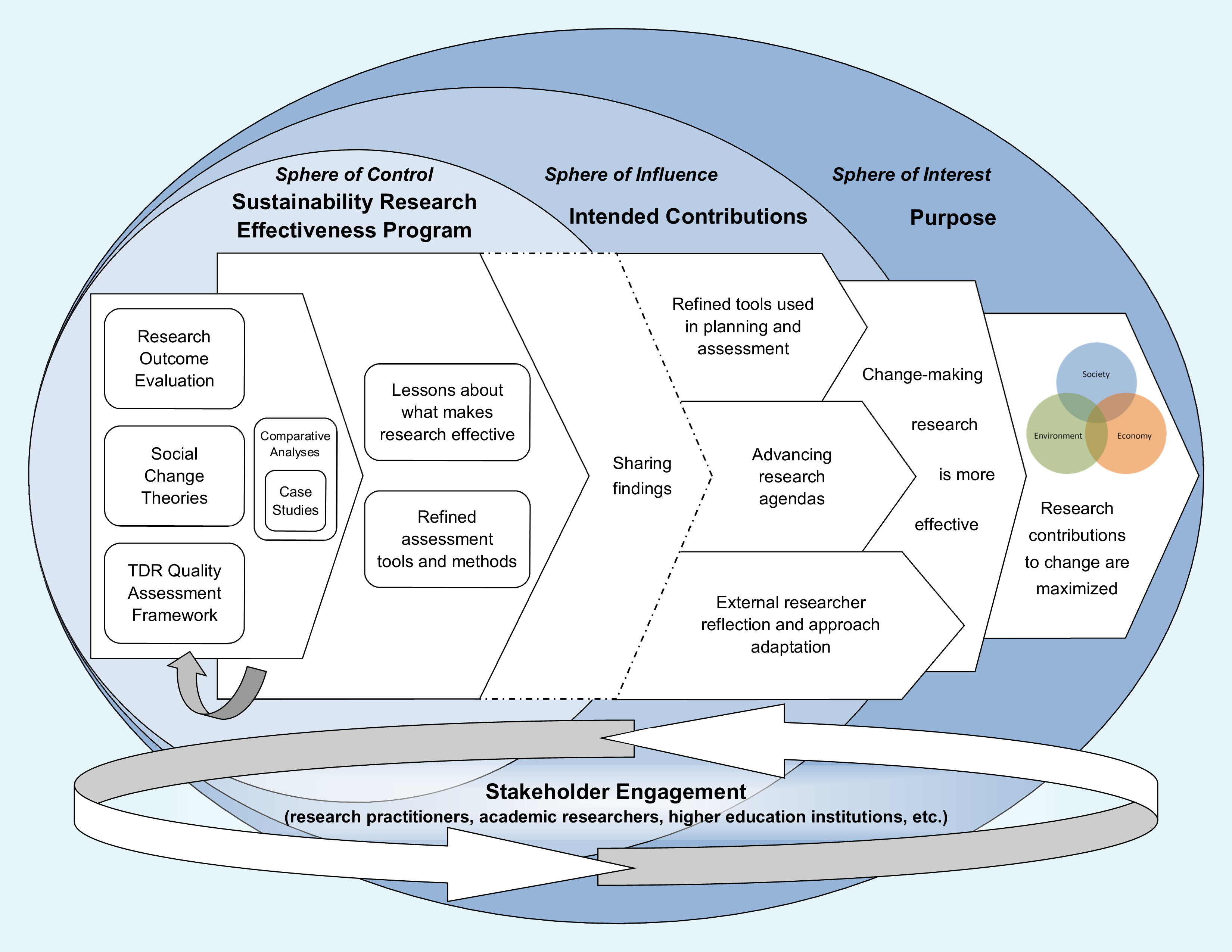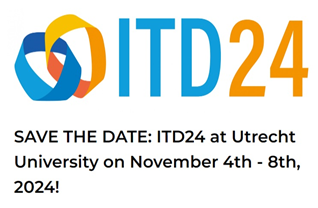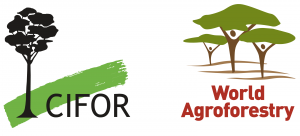
Our Work
Our research program aims to improve the contributions that research makes to social change processes. The program recognizes that contemporary sustainability challenges are complex and require innovative solutions. It appreciates that dedicated researchers are experimenting with new ways to design and implement research that is more engaged, pluralistic, and democratic in order to be more effective. This creates a great opportunity and a need to analyze and learn from experience.
Our program has developed a conceptual framework, tools, and methods to assess the quality and effectiveness of change-oriented research. By applying this approach to evaluate, analyse, and compare a series of completed research projects, we learn what works and what does not work in specific contexts and generate lessons for researchers, research managers, research funders, and society more broadly.
Resources
The results of our work are available in peer-reviewed publications, case reports, and have been presented at numerous conferences, invited talks, and events. We have additional resources for those interested in applying our concepts, methods, and tools to their own work.

Our Team
We are an interdisciplinary team with diverse expertise based at Royal Roads University in Victoria, British Columbia, Canada. The Sustainability Research Effectiveness team works in collaboration with a number of partnering organizations and students.
Our Projects
In our program, we:
- Explore theories of social change as they apply to sustainability research and knowledge translation;
- Develop and refine concepts of effective research design and implementation; and
- Conduct case studies and comparative analyses of completed research projects and programs.
News
ITD24 : Call for contributions is now open
From November 4-8, 2024, the next International Transdisciplinarity Conference 2024 (ITD24) will take place in Utrecht. Dr. Brian Belcher is a member of the Conference Board. For those interested in making a contribution to the conference, the call is now open. The deadline for abstract submissions is February 29, 2024.
Belcher supports CGIAR Initiative in Market Intelligence and Product Profiling Design
Dr. Brian Belcher travelled to Nairobi to support Theory of Change review workshops for the new OneCGIAR Initiative on Market Intelligence and Product Profiling Design (MIPP). This work will help ensure the nested Theory of Change is testable for ongoing monitoring and adaptive management over the course of the Initiative to realize intended outcomes and impacts. MIPP aims to maximize CGIAR and partners’ return on investment in breeding and seed systems. MIPP will support other Initiatives through the provision of reliable and timely market intelligence that enables stronger demand orientation. The Initiative will also strengthen co-ownership and co-implementation of market intelligence by CGIAR and partners.
Transdisciplinary Research Quality Assessment Framework presented to changemakers
Over September 17-18, 2022, the 3rd Annual Changemaker Education Research Forum (CERF) convened in Halifax to discuss research and innovation for social change. Rachel Claus presented on behalf of the Sustainability Research Effectiveness Program to share lessons from the team’s application of the Transdisciplinary Research Quality Assessment Framework (QAF) as part of the evaluation of completed research projects. The presentation also touched on how the QAF could be used for research planning and evaluation of research proposals.







